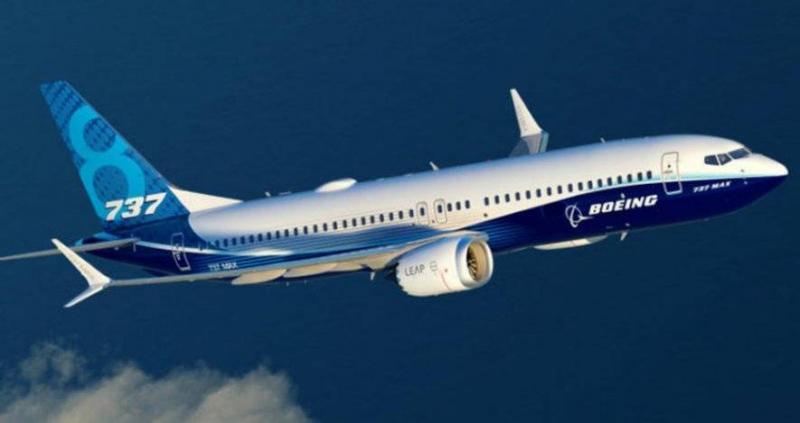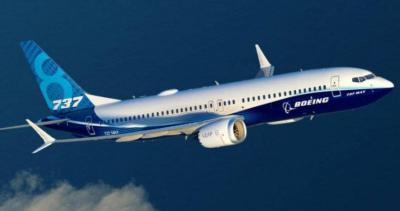Investigators are questioning Boeing officials during a hearing regarding the explosion of a panel from a 737 Max aircraft during flight, an incident that tarnished the company's safety reputation and posed a new legal risk. This two-day hearing could provide new insights into the January 5 incident that caused a loud boom and left a large gap on the side of an Alaska Airlines plane. According to an AP News report, the preliminary report from the National Transportation Safety Board (NTSB) stated that four of the screws that help secure the panel, known as the door seal, had not been replaced after being repaired at Boeing's factory; however, the company asserted that the work was done but not documented. NTSB members are expected to question Boeing officials about the lack of documentation that could explain how such a critical error could occur, which could have led to a catastrophic disaster.
The panel that exploded from the Boeing 737 Max was manufactured in January by a supplier, Spirit AeroSystems. It was removed at Boeing's factory for workers to repair the damaged screws, but the bolts securing the door seal were not replaced, and it is unclear who removed the panel. The aircraft was delivered to Alaska Airlines in late October and had only completed about 150 flights. The airline ceased using the aircraft for flights to Hawaii after a warning light indicating a potential pressurization issue was activated on three separate flights.
The incident occurred during flight 1282 just minutes after takeoff from Portland, Oregon, where the aircraft was flying at 16,000 feet. Oxygen masks fell due to high pressure, and some mobile phones and other items were sucked out through the opening, terrifying passengers with the winds and loud noise, making it a miracle that no one was injured. The pilots landed safely in Portland, and the door seal was found in the backyard of a science teacher at a high school in Cedar Hills, Oregon. This incident has led to multiple ongoing investigations into Boeing.
The NTSB meeting agenda includes testimony about manufacturing and inspection, as well as the opening and closing of the door seal in the Boeing factory, along with the safety systems in place at Boeing and Spirit, and oversight by the FAA over Boeing. No one from the airline has been called to testify this week before the NTSB. Former safety board member Girogia noted that this suggests the agency may have decided to "wash Alaska's hands of this issue."
FAA Administrator Mike Whitaker acknowledged that the oversight by his agency of the company "was indirect, focused too much on paper audits, and did not focus enough on inspections." A worker at the Boeing factory in Renton, Washington, told investigators that Boeing employees were "put in murky waters to do everyone else's dirty work because no one wanted to touch it." He stated that the safety culture at Boeing was "trash. No one is accountable." Another Boeing door crew member indicated that workers had not received any special training on door seals and should not have been asked to open or close the panels.
Witnesses are expected to testify regarding the FAA's oversight of Boeing. FAA Administrator Mike Whitaker admitted that his agency's oversight of the company "was not very collaborative - it focused too much on paperwork and did not focus enough on inspections," but he stated this is changing. The FBI informed passengers on the Alaska Airlines flight that they might have been victims of a crime. The Department of Justice urged Boeing to plead guilty to a charge of conspiracy to commit fraud after finding that it failed to comply with a previous settlement related to regulatory approval of the Max. Boeing, which has not yet financially recovered from the fatal crashes of two Max aircraft in 2018 and 2019, has lost over $25 billion since the beginning of 2019 and will appoint its third CEO in four and a half years.




